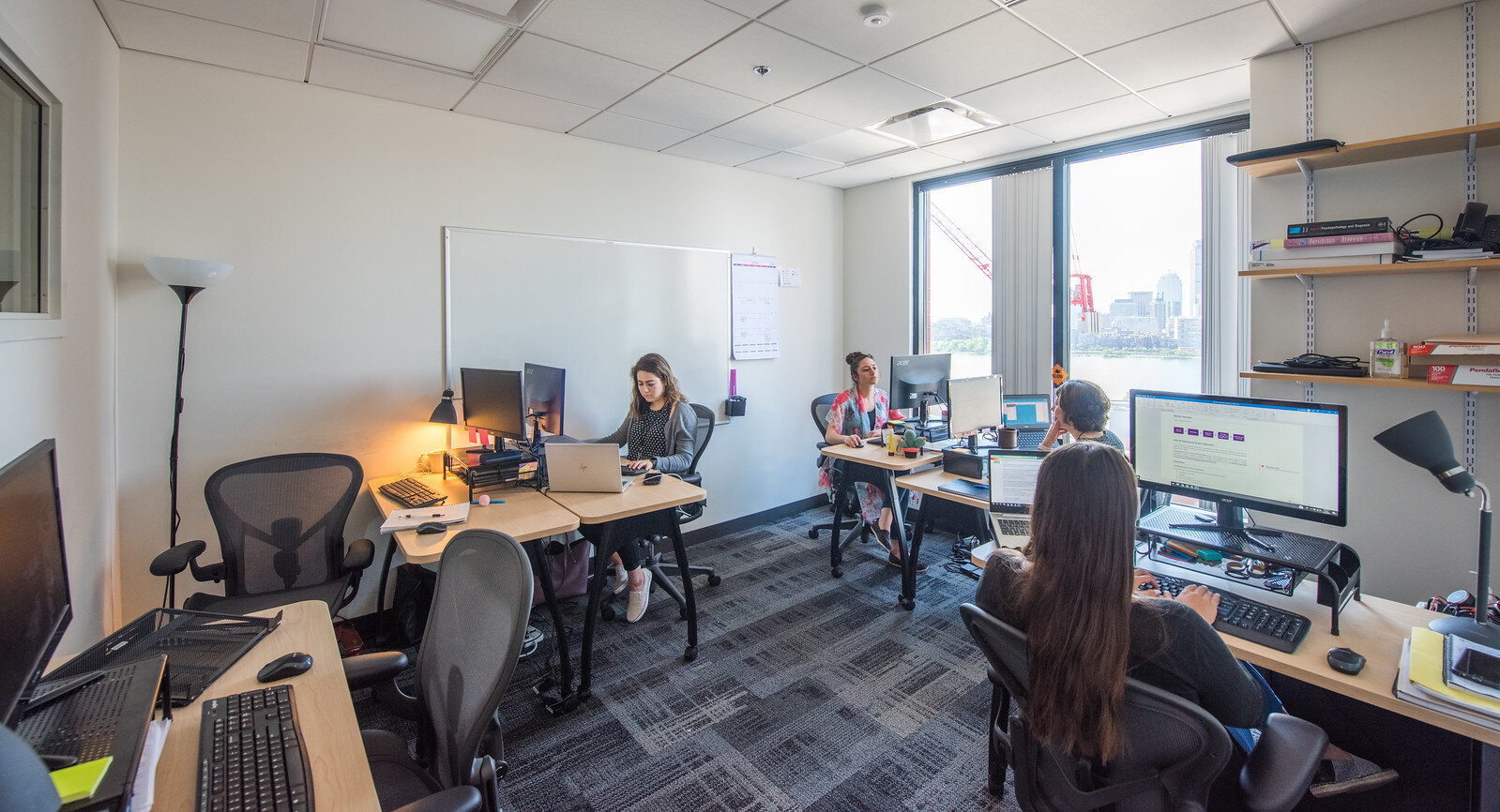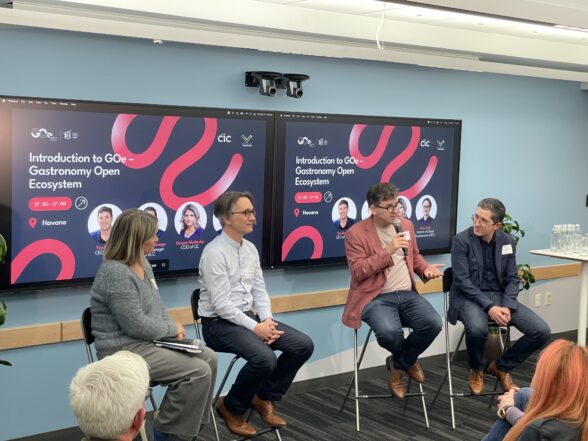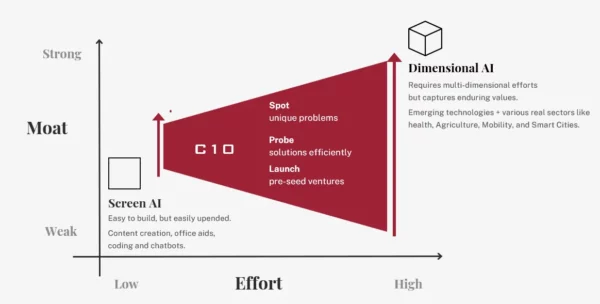Modus Outcomes – Putting Patients at the Center of Pharmaceutical Development
You might expect that when developing a new drug treatment, a pharmaceutical company would talk to the patients they’re developing the drug for, but historically, this has not been the case. All too often drug manufacturers fail to consider the patient experience when testing a new treatment. It’s something Patrick Marquis, MD, MBA, discovered while leading a health economics and outcomes research (HEOR) consultancy to drug companies for over 25 years. So in 2014, Patrick partnered with a chartered psychologist, Stefan Cano, PhD, to launch Modus Outcomes, a center of excellence for the development of clinical outcome assessments.
Modus Outcomes sets new standards for measuring patient outcomes by placing patients at the center of drug development. At the core of their work are clinical outcome assessments — that is, questionnaires completed by patients, caregivers, or clinicians to evaluate the benefit of medical products. The company counts 30 employees across its three offices in France, the UK, and at CIC Cambridge. Since many of the companies Modus Outcomes works with are international, it’s beneficial to have a footprint that spans the Atlantic. Team members in the UK are able to hop on a quick flight to attend a meeting in, say, Brussels, while those at CIC can stroll across Kendall Square and have a face to face with area clients.
The Modus Outcomes team working at CIC Cambridge.
“For me, it’s really nice to be able to walk to our Boston-based clients because a lot of them are in Kendall Square,” says Jessica Markowitz, Associate Director and US Team Lead. She goes on to mention that operating multiple offices is particularly helpful when it comes to video-conferencing or calling clients located in different time zones.
The work that Modus Outcomes does is relatively new when it comes to pharmaceutical development. But there’s a clear need for it, and the company’s work has gained signfiicant attention following the FDA Patient-Focused Drug Development initiative. Modus Outcomes assists pharmaceutical and biotech companies to better understand the patient experience, which allows them to more accurately assess and interpret the benefit of medical products. It all starts with talking to patients and crafting questionnaires with the right prompts in order to receive meaningful feedback. “We try to understand what it’s like for patients to have the disease and use their experiences to build effective questions,” Jessica says.
Modus Outcomes works across disease areas and is currently doing significant work with rare diseases, which often lack treatments. The company also has a wealth of experience working with different types of cancers, rheumatology, neurodegenerative diseases, and blood disorders like hemophilia. Treatment for hemophilia is changing and older instruments might not accurately measure what’s now important to patients.
Three years ago, a client contracted Modus Outcomes to develop a disease impact scale that illustrates how hemophiliacs currently live with the disease. The team created a comprehensive assessment that separately scores components of the patient experience such as pain, treatment burden, preoccupation (thinking about the disease), and impact on daily activities. The project is still ongoing as researchers continue to develop versions of the assessment for adults, children, and caregivers.
In order to help its clients succeed, the professionals at Modus Outcomes came to the realization that it first must change how clients approach trials. “I think one of our challenges is to change people’s thinking, to say to clients, you can’t just use this questionnaire because it’s what’s been used in the last ten trials. It might not be right for your trial,” Jessica says.
She explains that previous ways of doing things get ingrained, so it’s often difficult for clients to think outside the box. For each project, Modus Outcomes focuses on concept-driven measurements to ensure the identification and measurement of what’s most important to the targeted set of patients. Applying this customized approach to a trial requires creative thinking, patience, and time.
The verve at CIC goes a long way in helping the talent develop innovative techniques for achieving patient-centered outcomes. “We really love being at CIC in Kendall Square because of the energy here,” Jessica says. “We’re not alone in a small office all day. We can see other faces and feel more engaged.” She goes on to say that being in a shared office space with a built-in support team and office staples like wifi, printing services, and coffee allows her team to focus on what they do best: helping clients develop drugs that will allow patients to live fuller lives.




